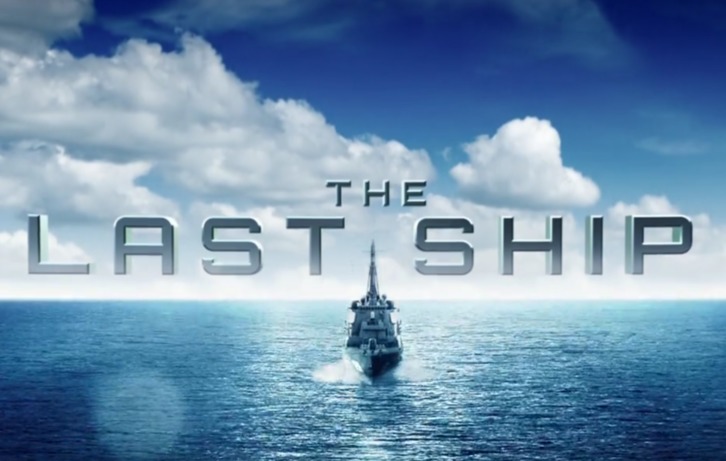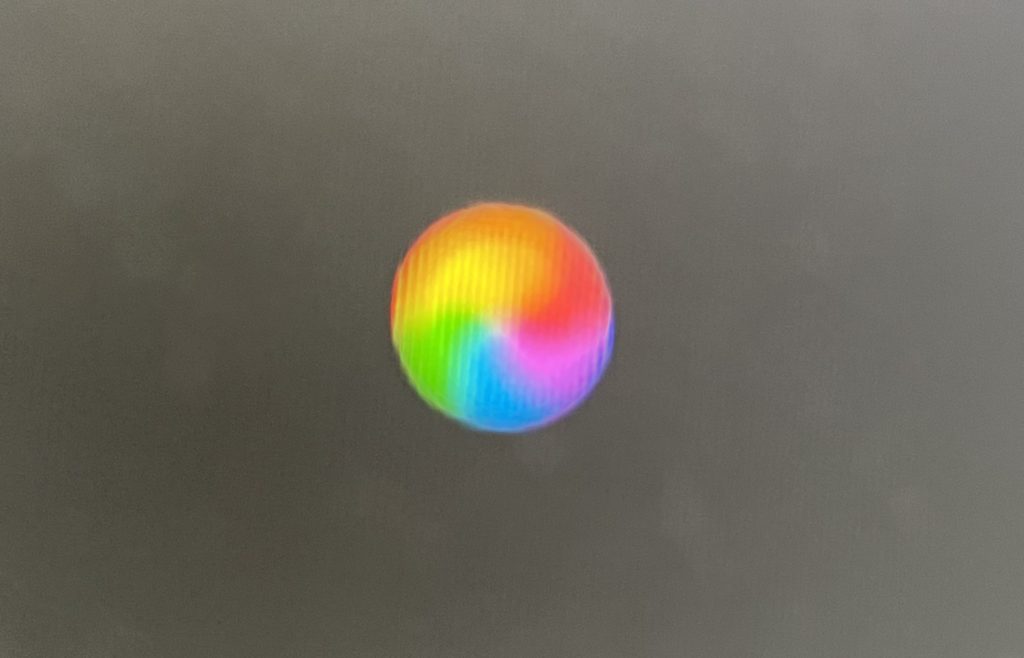Let me say something that’s really for me, then some things I think are for you, too.
The thing for me is partly that as of next week, I will no longer be Deputy Chair of the Writers’ Guild of Great Britain. But its mostly that I’m not going far. (For my entire writing career, people have told me I won’t go far.) I’ll still be involved with the Guild, I mean I’ll obviously always be a member but every possible way I can continue doing anything for and with them, I will.
I haven’t broken that news to them yet.
But here’s the thing for both you and me, here’s the thing I think is more important. Four years working with the Guild has been a lot of things I thought it would be, it’s certainly been everything I hoped, but it’s also been one thing I don’t think I could have expected.
Frightening.
You may know that the Writers’ Guild is our union and that it is because of the Guild that writers have the rates of pay and the working conditions we do. I never tire of marvelling that the Guild has done this for all writers, whether or not they’re members.
The frightening thing I didn’t know and I don’t think many of us can see from outside is just how constant the fight is. I’ve never been in any of the rooms where negotiations take place, but I now doubt there’s been a day where there hasn’t been such a meeting, where there haven’t been battles being fought for us
I don’t want to make it sound as if studios and networks and producers are the enemy, they’re hardly that. Yet I now know that if it were not for the Writers’ Guild, studios and networks and producers would be able to pay us fantastically less. Up to you whether you think any of them would.
I feel I’ve spent my time holding the coats of the Guild’s tremendous team as they’ve ceaselessly done this. I’ll obviously know much less of what’s going on when I leave, but I will leave deeply glad the Guild is there. And actually, profoundly relieved that it’s being run by the current team. The Writers’ Guild has a long history of excellent people –– I aspired to become a member in part because at one time Alan Plater was President –– but the current team is special.
They’re the right people at the right time and having had this glimpse of our industry, I leave the Deputy Chair role reassured at who we’ve got.
If you’re a member of the Writers’ Guild, you’ll have had all the Annual General Meeting details so come see for yourself. I’m leaving solely because I have to: four years is the maximum term for a Deputy Chair and my time is up at the AGM next week. You won’t especially notice me going since the meeting is on Zoom so there’ll just be some point when my little video face will sink, but you will get to meet the officers who are working for you, for me, for all of us.


